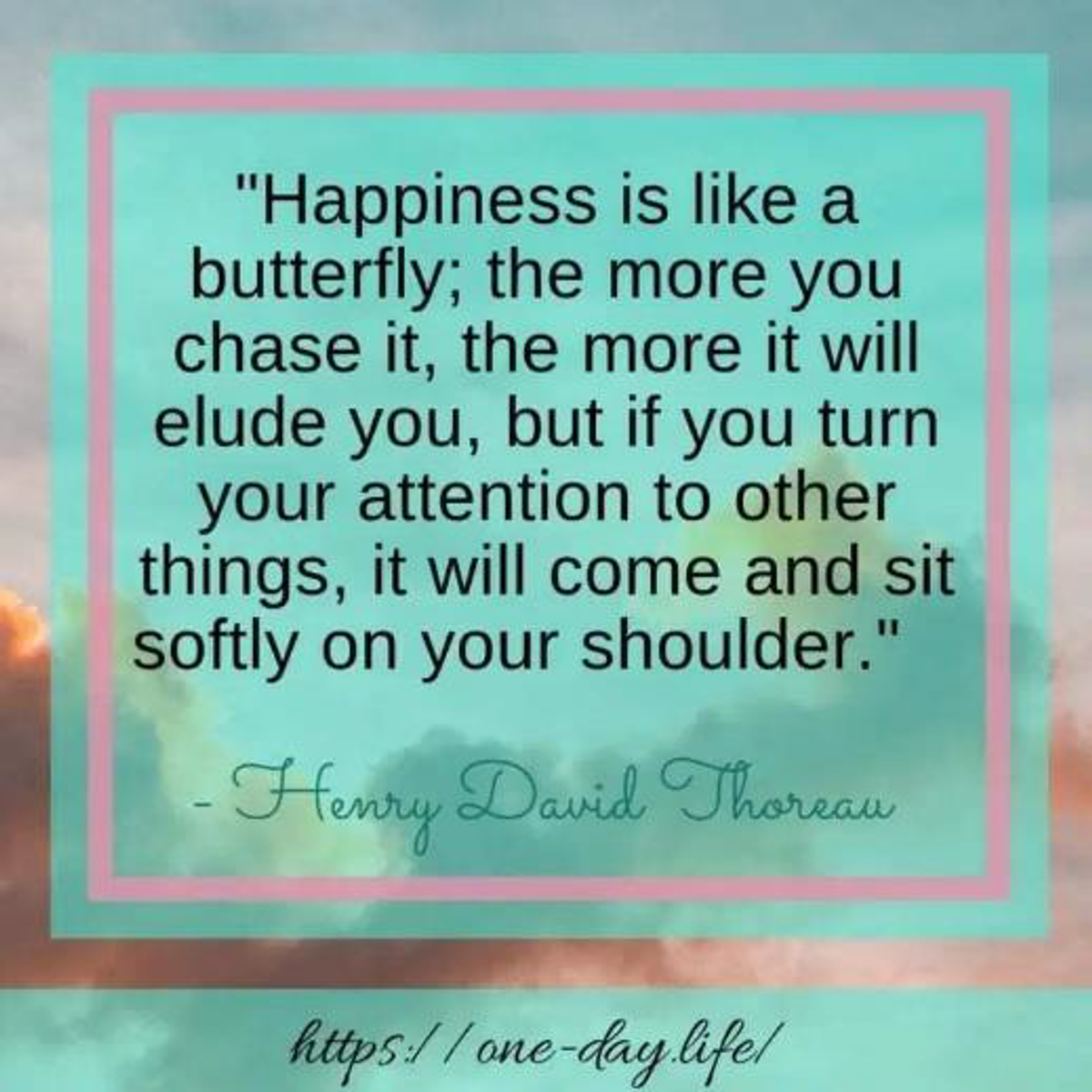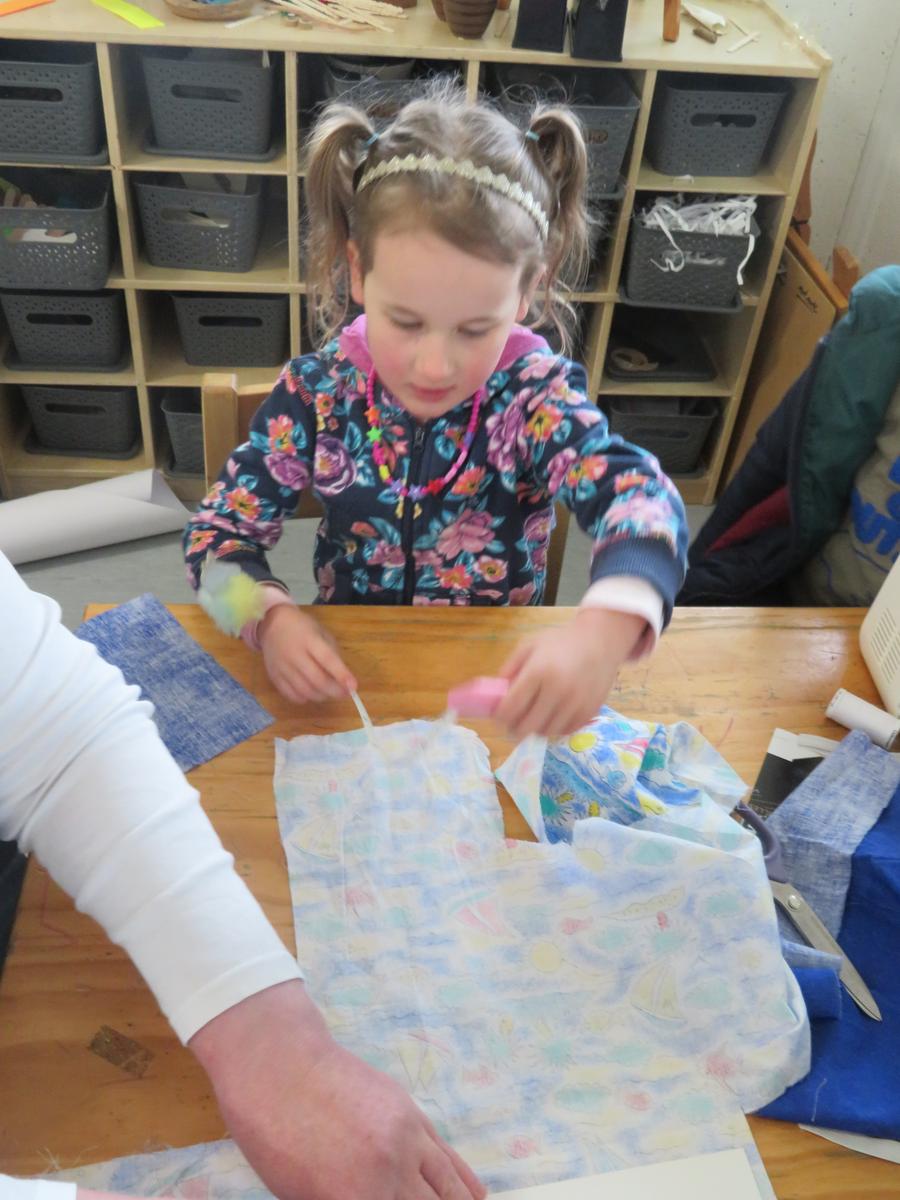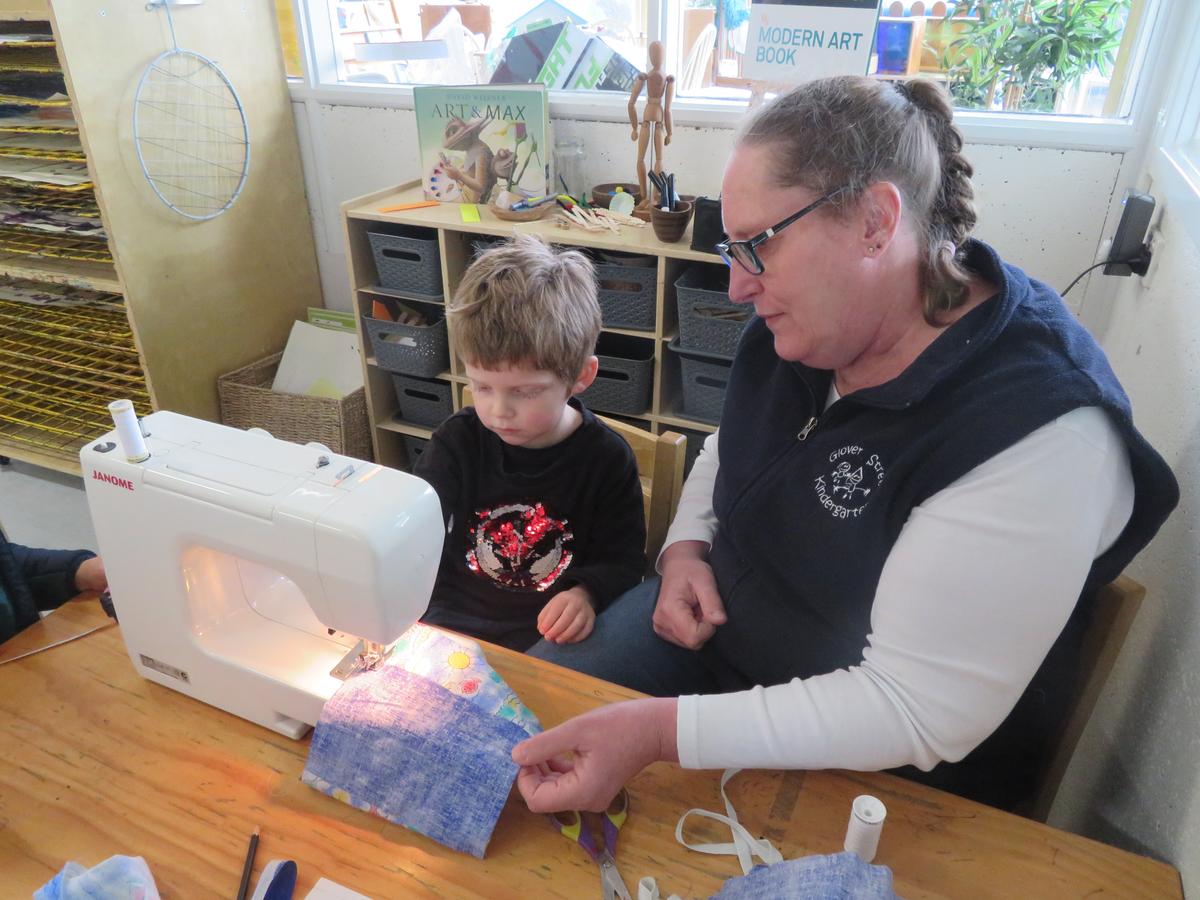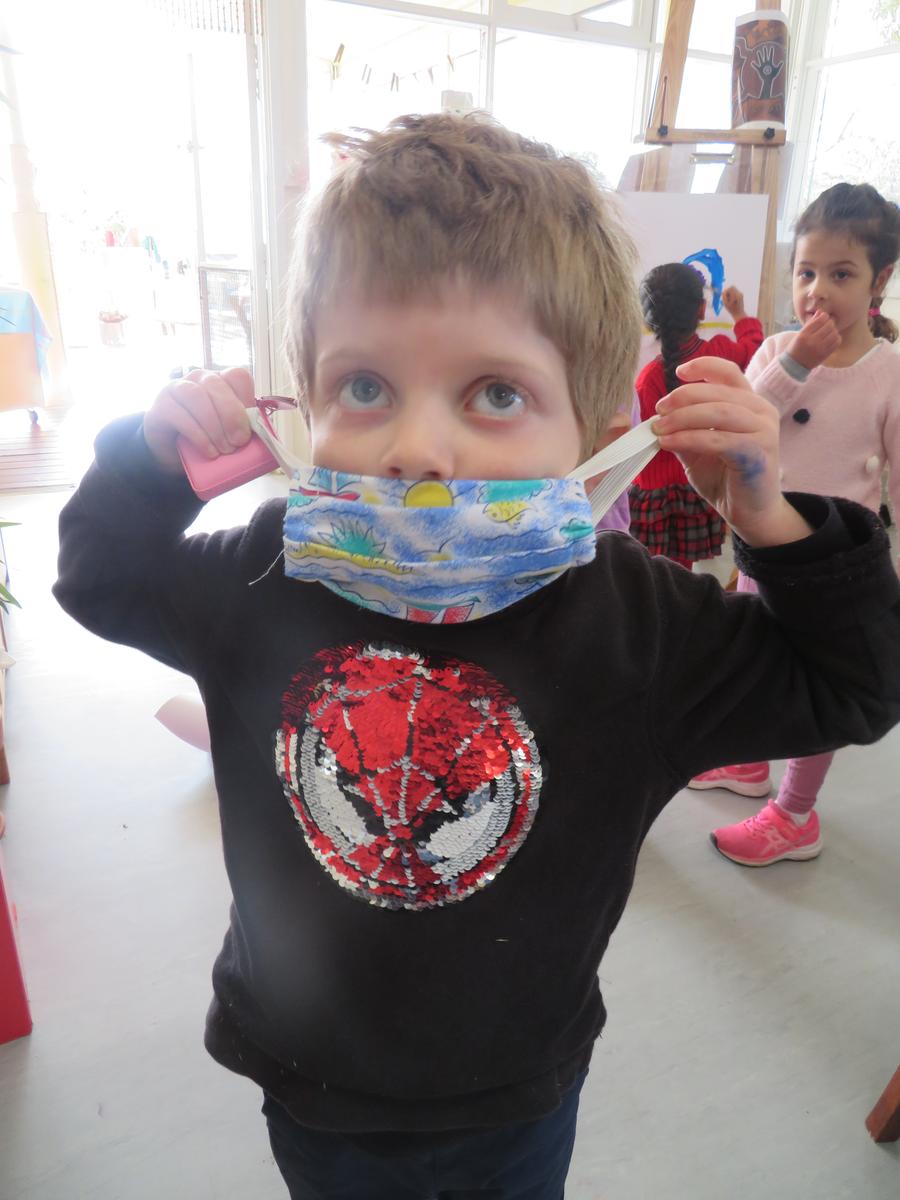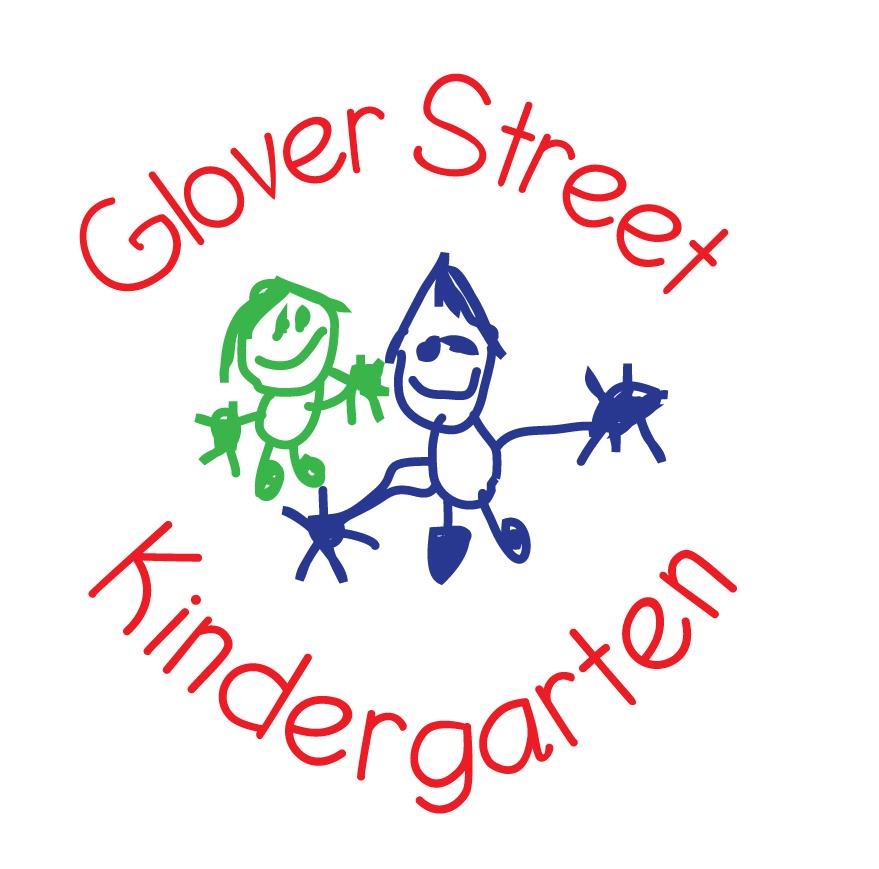GEKA Glover Street
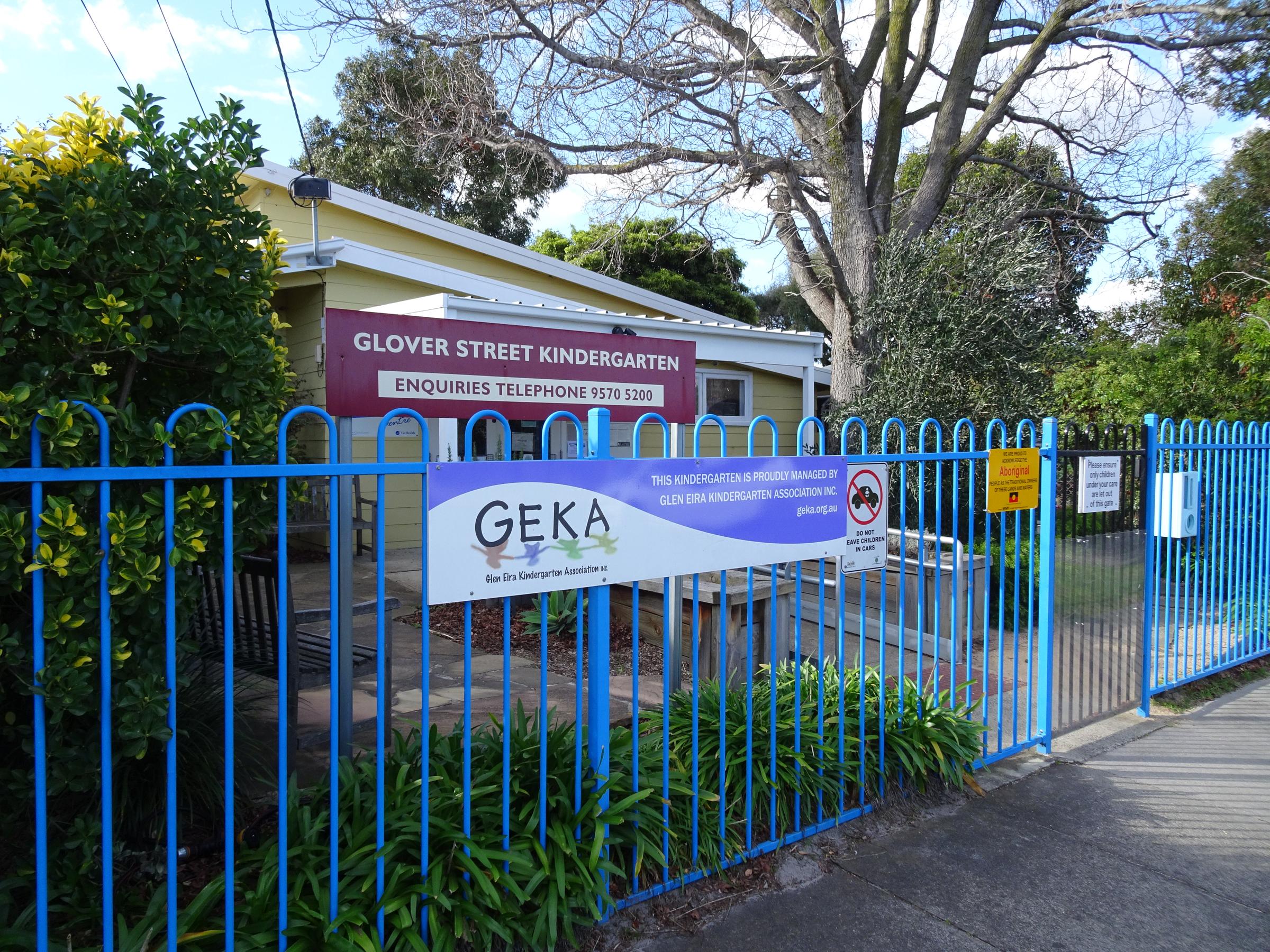
Having a positive mindset in challenging times
El Marson-Thomas, Early Childhood Teacher
"My husband, my children, my family, friends, my pets, my team at GEKA Glover Street, the children at GEKA Glover Street and their families, my health, a job that I love – these are just a few of the things that I am grateful for and which make me happy." Says El.
Throughout our lives, we are led to believe that happiness is a recognisable state of mind or something that you can “reach”. This is a simplistic notion and so much more complicated than that as happiness is one of the most subjective things in our lives. In general, happiness is associated with contentment, joy, satisfaction, and pleasure. Researchers define it as finding satisfaction and meaning in your life, having the ability to experience positive emotions and the capacity to recover quickly from negative ones, and having a sense of purpose.
It is important in our role as educators to help children understand that there are no “bad” emotions. All thoughts and feelings are valid. Both positive and negative thoughts and emotions play a role in how we process the world around us. We cannot feel happy or positive all the time and it is important we teach children to recognise their emotions and feel able to express them without feeling shame. Neurobiologist Richard Davidson, from the University of Wisconsin, suggests that we can all (no matter what age) rewire our brains to be more emotionally resilient, teaching ourselves to respond to certain emotions in a healthier manner. We can accept negative emotions and process them in a healthy way. We can encourage positive thinking and positive affirmations.
Having a positive mindset and feeling gratitude for the good things in your life, encourages us to positively contribute that mindset to the children we teach. Having an attitude which looks at change as providing new opportunities, rather than viewing it as bad or undesirable, can make a big difference. At GEKA Glover Street we foster kindness, positive thinking, a sense of gratitude and the ability to adapt to and cope with challenges, uncertainty and change as they arise, which in turn boosts the children’s confidence, resilience and overall happiness.
Here are some ideas to help teach your child positivity:
• Practice loving kindness meditation by sending positive thoughts to others.
• Give your child opportunities to volunteer and help others.
• Teach your child to appreciate small moments of beauty using an 'Awe' Journal.
• Share positive experiences with your child and model a positive attitude.
• Encourage your child to develop her strengths and try new activities.
• Let your child come up with her own positive affirmations to recite. https://biglifejournal.com/blogs/blog
Reminding ourselves and the children in our care to feel gratitude for the good things in our lives, the things we know are certain, such as the love of our family, is the key to having a positive mindset and feeling a state of happiness. We can not control everything that happens in our lives and in times of uncertainty and adversity, children who have a positive mindset will be more resilient and adjust to the changes that come their way with more ease.
Resilience
Jodie Goldfinch, Early Childhood Educator
Over the past few months I have been so impressed with how children have adapted and displayed resilience during the COVID 19 crisis. The following quote from a child during a conversation about why we all have to wear masks epitomised a growth mindset for us.
“I’ve got a great idea, what if we make a huge giant mask and put it over the whole Kinder then we will all be safe!"
How quickly we can shift our mindsets. At the beginning of term two, we urged families to prepare children that educators would be wearing masks as some children may find this confronting and now in a time of compulsory mask wearing, children are just accepting that as normal and trying to adapt the concept for the greater good.
It has taken courage to work during the COVID-19 crisis, as it adds risk to the health and safety of ourselves and our families but it’s also been a bright spot in a trying time. Kindergarten is always a fun space to be in, the children’s perspectives and ideas are often refreshing and they bring joy, they find the 'wonderful' in everyday, so to be surrounded by their vibrancy has also provided some respite from 'the now'.

